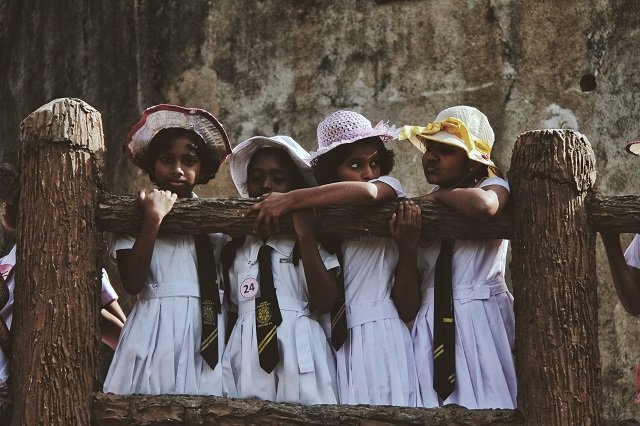Political theorists admonish that the performance of a truly national government cannot be separated from structural reforms if a Central Government has to survive.
by Victor Cherubim
For a Sri Lanka politician, for that matter any politician, what matters most is outcomes and delivery rather than process and ideology. But, to be successful, process must be married with energy, ideas, and political will of the Central Government.
The electorate will of course, give or willingly bestow time, most often, the benefit of the doubt, but no responsible Central Government can carry on regardless, without structural reforms, if it wants to survive.
 |
| Front view of the old Parliament now functioning as the Presidential Secretariat in Colombo [ Photo: Sri Lanka Guardian] |
We have seen this clearly in what is happening, or rather what has happened in the uprising of the people or the “aragalaya movement” that took to the streets in March 2022.
Can raising standards of living be indefinitely postponed?
Political theorists admonish that the performance of a truly national government cannot be separated from structural reforms if a Central Government has to survive. It looks that political reforms may be ‘flunked’ once again, as it has happened several times in the past 75 years, this time largely as a result of the Debt crisis.
Reports have emerged that the Government will be delaying an announcement on reforms, in fact, Local Elections until later after securing the IMF assistance package. (Déjà vu?)
Reports suggest that the President‘s favoured plan for funding reform – perhaps, a cap on military spending – faces two key objections from the Services. That the country can least afford, that it will cost too much in security concerns and that it may disproportionately benefit the enemies of the nation? Of course, the security of our nation comes first, but how long can the ordinary man on the street wait, when prices of essential goods and services, electricity tariffs are raised previously by 75% and soon by another 66% on the request of the IMF to secure the approval of its Extended Fund Facility (EFF). How long can we go on a begging bowl? Is it not time to cut unnecessary and extended expenses on anything and everything, that is now found when we are not on a war footing, to save our people from hardship for years on end?
Do these objections stack up?
First, let’s briefly remind ourselves how we got here. We got to the position we are in because of our vanity, and our wonton carelessness after 30 years of war. Can we really and economically afford a bloated service force the same as during a war? At the same time can we ignore the way how to secure our nation in peacetime?
Protection against any uprising in the future should not be ignored. How affordable is cutting the military’s budget? But, simultaneously, affordability shouldn’t be the only factor determining reform. Can the nation afford this cost of reform now and in the future?
Fundamentally, reform of the military services is to make it “fit for purpose for the 21st century,” which should be one part of the new system of security. Making this happen will require additional government time, planning and investment. But, reform of the military services is not unaffordable?
The Government can afford to provide a fairer and more generous society to live within its means and solve the debt crisis if we begin to live within our means. This is what is necessary, not further loans from the IMF to pay our existing loans.
The arguments are clearer and more logical. The question is the Government’s political will?















Post a Comment